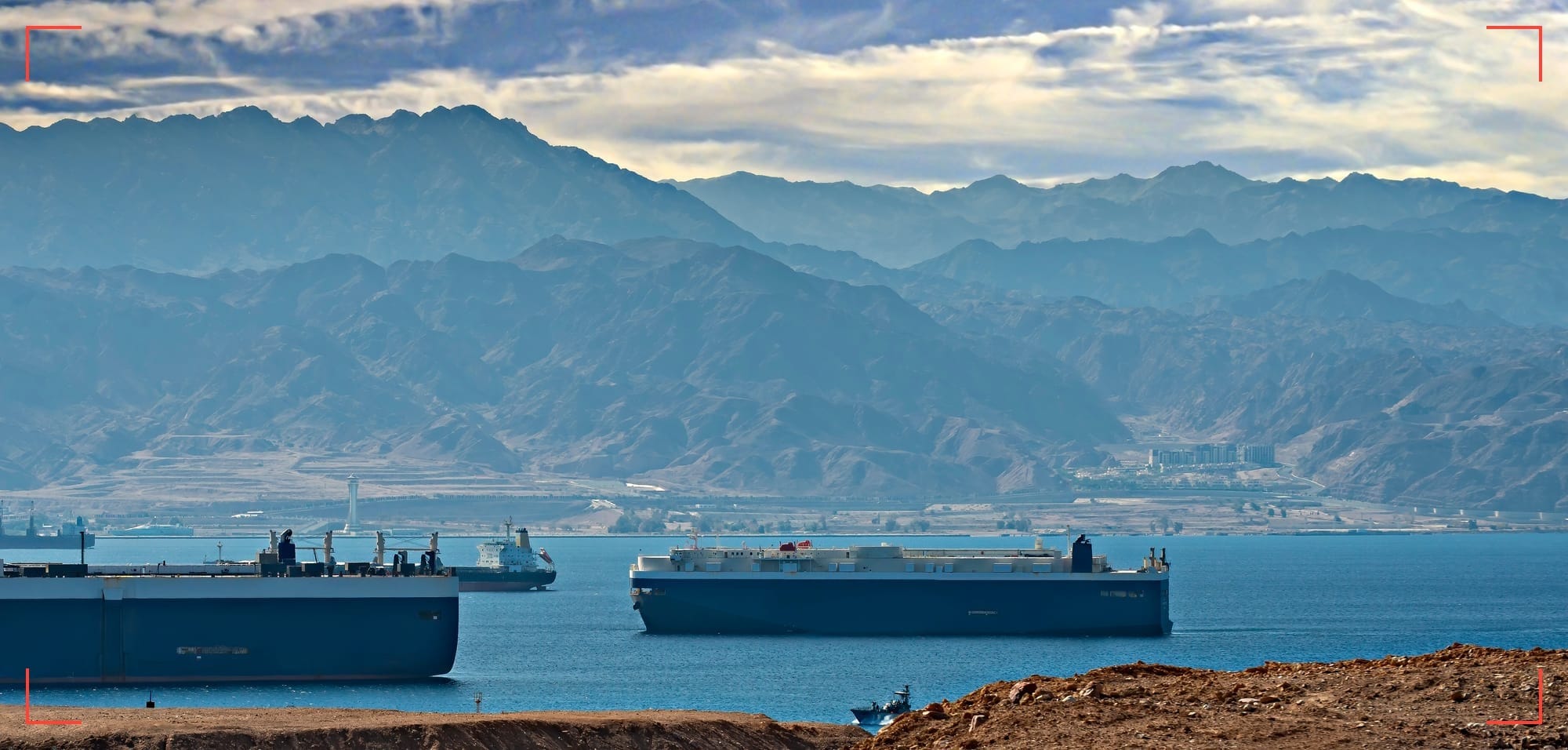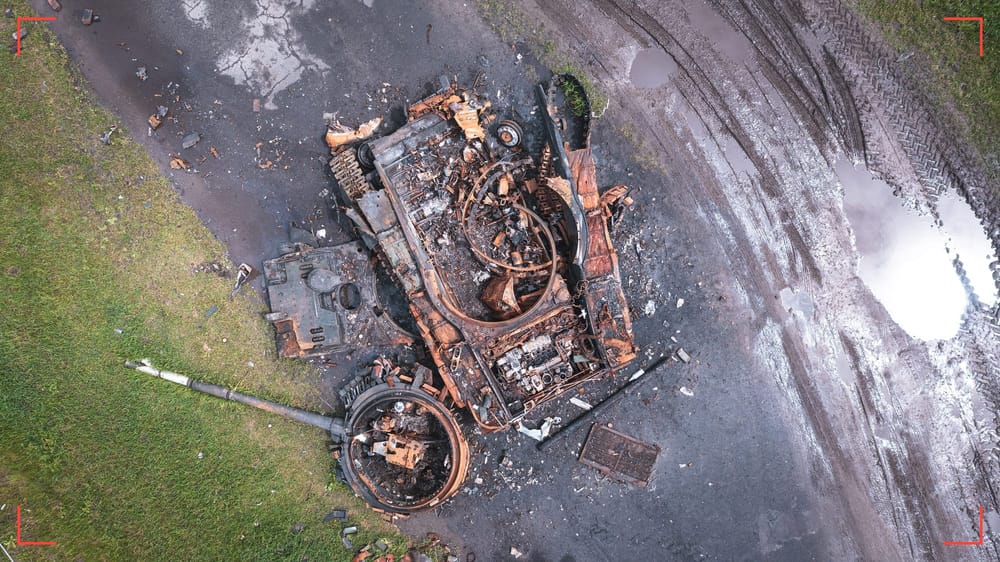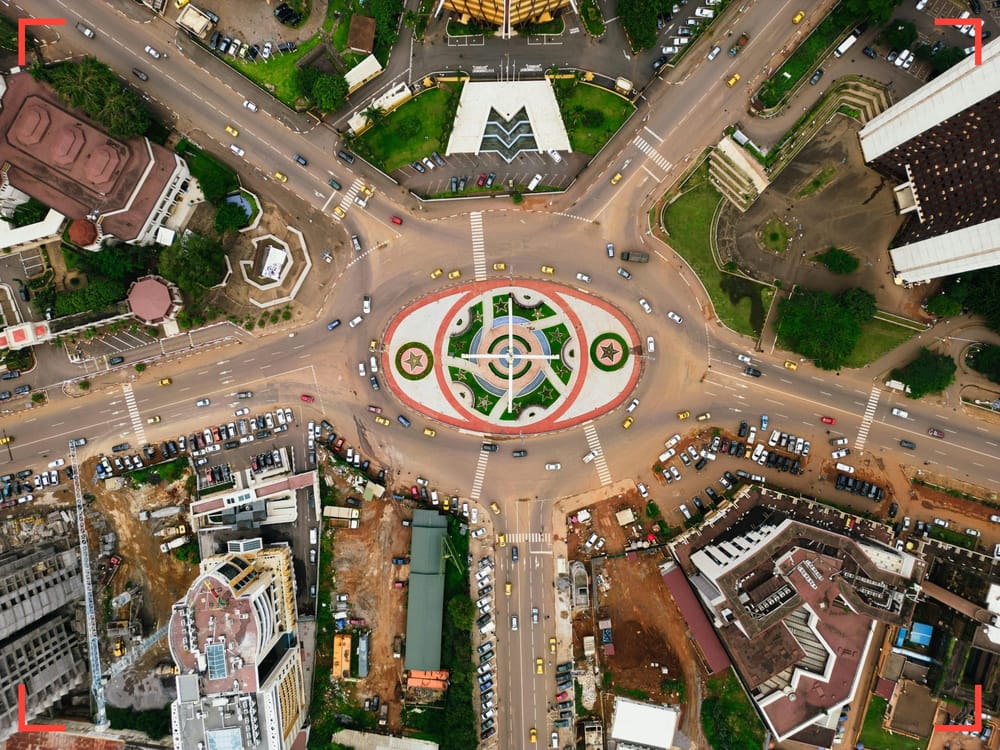
Report Details
Initial Publish Date
Last Updated: 14 MAY 2025
Report Focus Location: MENA
Authors: AA, SO
Contributors: GSAT
GSAT Lead: MF
RileySENTINEL provides timely intelligence and in-depth analysis for complex environments. Our global team blends international reach with local expertise, offering unique insights to navigate challenging operations. For custom insights or urgent consultations, contact us here.
Key Findings
- Yemen’s fragile peace persists, but is unsustainable amidst failure to reach a political solution or extend ceasefires.
- Due to aid cuts, the humanitarian situation in the country is worsening, with the population in need of aid rising by more than a million more compared to last year. Continued deterioration will likely result in socio-political instability.
- Groups such as Al-Qaeda in the Arabian Peninsula are likely to exploit these conditions as they try to regain their waning power.
- Tensions around the country are simmering, particularly around the city of Marib. Although skirmishes in the area remain sporadic and small-scale, there is a possibility of rapid escalation.
- After conducting airstrikes on Ansar Allah positions through much of March and April, the United States abruptly declared an end to the operations on the premise that Ansar Allah have agreed to cease their attacks on Red Sea shipping lanes. Ansar Allah has disputed this claim, raising the likelihood of new violence amidst mismatched expectations. The ambiguity is also unlikely to reassure vessels passing through the Red Sea.
- The U.S. declaration for the end of operations has not extended to Israel. Ansar Allah continues to launch missile and drone strikes on Israel, most recently hitting near Israel’s Ben Gurion Airport. Israel continues to respond to these attacks with airstrikes. Indeed, Israeli officials were reportedly surprised at the abrupt end to the operations.
Summary
As of May 2025, Yemen remains highly unstable. In March and April, U.S. and U.K. air and drone strikes targeted Ansar Allah sites, ending suddenly in early May when Washington declared the group had “capitulated”, a claim the Houthis dispute. Without an agreed framework to sustain the ceasefire, renewed fighting remains likely.
Israel also retains both the capacity and intent to strike Houthi targets. Recently, Israeli jets attacked Sanaa Airport in retaliation for a Houthi missile launch near Ben Gurion Airport.
Domestically, Yemen’s fragile peace persists but is unsustainable. While the April 2022 ceasefire was held, the failure to renew the truce has nevertheless left the political situation in the country frozen and unsustainable. With the humanitarian conditions in the country also worsening due to aid cuts, there is a severe risk of resurgent instability. Such instability not only risks continued foreign involvement and geopolitical competition in Yemen, but it also risks groups such as al-Qaeda in the Arabian Peninsula exploiting the situation.
Remaining content is for members only.
Please become a free member to unlock this article and more content.
Subscribe Now






